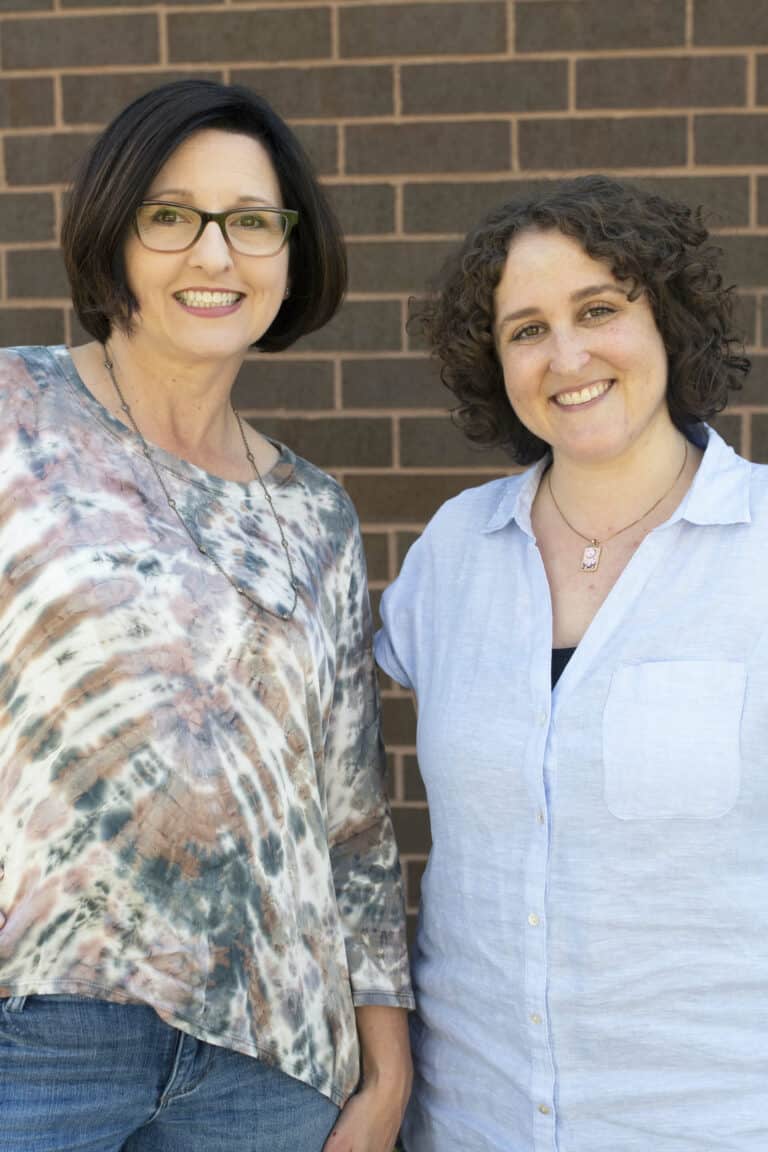By now you may know the importance of getting your child ABA services at an early age. You may have been told by your doctor or perhaps another parent to find a provider that can offer you 25, 30, or even 40 hours of ABA per week. While we agree early intervention and considerable therapy hours are critical for young learners, there may be something missing from this equation that is not often talked about before starting therapy. You may have guessed by the title of this blog that we are talking about…ding, ding, ding…. caregiver training! Caregiver training is not only recommended, but also mandated by insurance providers covering ABA services, and for good reason.
We aim to ensure our clients receive the appropriate and recommended number of therapy hours at our clinics so that we can practice skills, set-up role-play scenarios, and provide needed materials. And while we see incredible progress with the children at our clinics, we will never interact with them as often as the caregiver will and it will never be an identical replication of their day-to-day life at home.
This is where caregiver training comes in. We are committed to ensuring that your child makes progress in our clinic and their home. Our goal is for progress to occur across settings–beyond the clinic and home. We will collaborate with you and get your feedback on goals you think are important in your child’s day-to-day life. How can we support their growth and development even further? Are there activities they might benefit from doing less often? It’s these very questions that we may ask you to help guide us in creating programs for you to implement at home. To help give our caregivers a well-rounded understanding, we offer one-on-one caregiver training that can be held in the clinic or at home. We also offer monthly group training on basic ABA so that you can confidently begin implementing strategies at home!
One of our goals as ABA practitioners is to work ourselves out of a job; meaning we want our clients to require less one-on-one support and one way to reach that goal is to have caregivers involved as much as possible!
Your insights as a caregiver are valuable to us!


